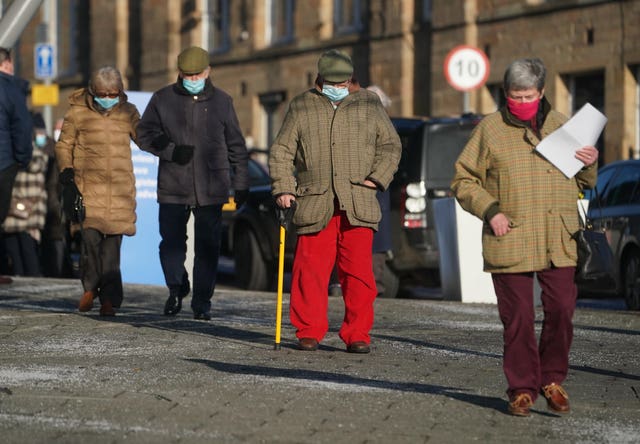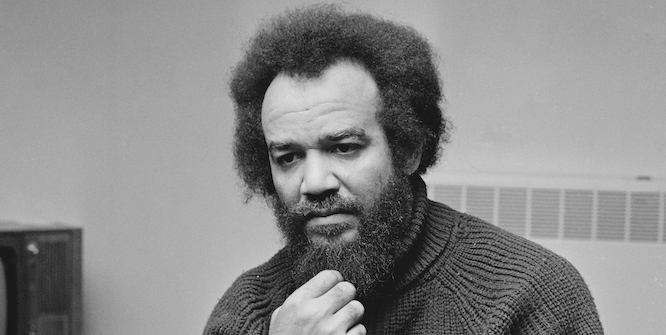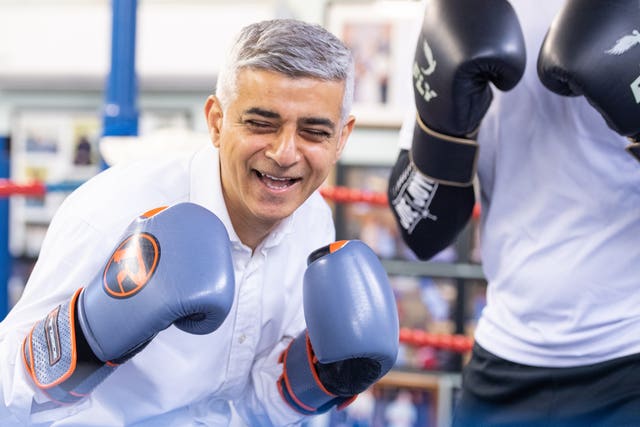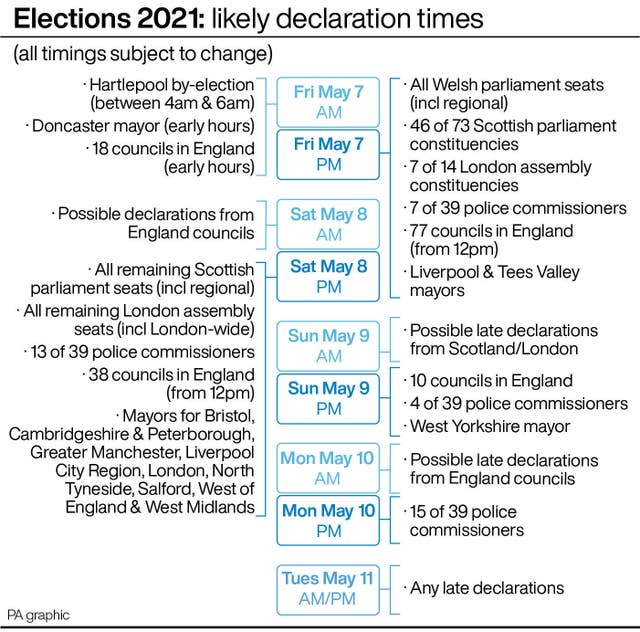
Huge media coverage has been devoted to allegations, and now serious evidence, that a Christmas party was held at 10 Downing Street on 18 December 2020. London was then in a strict lockdown with social events banned, including parties.
In leaked footage obtained by ITV News, senior Downing Street staff are shown four days later, laughing and joking about the party being a ‘business meeting’ with ‘cheese and wine’. Allegra Stratton, then Boris Johnson’s press secretary, was leading a mock televised press briefing and, through laughter, said there had been ‘definitely no social distancing.’
The original story was broken on 30 November by Pippa Crerar, the Daily Mirror political editor. When pressed at Prime Minister’s Questions, Johnson refused to deny three times that a ‘boozy party’ had taken place at 10 Downing Street when such events were banned.
One source who was aware of the party in Downing Street told ITV News:
‘We all know someone who died from Covid and after seeing this all in the papers I couldn’t not say anything. I’m so angry about it all, the way it is being denied.’
Understandably, there is much public anger, though perhaps little surprise, that the Tory government under Johnson has once again been found to have broken rules and then attempted to deceive the public about it. That anger is felt most keenly by those who suffered the unimaginable pain and grief of not being allowed to be with loved ones who were dying of Covid.
Even BBC political editor Laura Kuenssberg, who has spent much of her latter career shielding Johnson, began her BBC News website piece on the latest revelations with condemnations from Tory MPs: ‘Indefensible’, ‘catastrophic’ and ‘astonishing’.
She added:
‘Expect to hear plenty of the charge of “one rule for us, one rule for them” in the next few days.
‘On the back of Downing Street’s attempt to change the rules on MPs’ behaviour after former minister Owen Paterson broke them, even some senior Conservatives are making that claim tonight.’
It is possible that this is yet another nail in the coffin for Johnson’s leadership of the Tory party. There will surely come a time, if it has not already, when the Conservatives will assess that he has become an electoral liability and that he must be replaced to ‘steady the ship’ in order to continue promoting elite interests. After all, financial capital and the establishment require a ‘respectable’ figure at the helm.
While public anger is justified and entirely understandable, with the ‘mainstream’ media judging that the scandal deserves laser-like focus and intensity, the bigger picture is that the government has committed much greater crimes that have not received the same level of scrutiny.
A Surreptitious Parade Of Parliamentary Bills
Just one example is the Health and Care Bill that was being passed while the furore over the Downing Street Christmas party was erupting. As John Pilger observed:
‘The US assault on the National Health Service, legislated by the Johnson govt, is now relentless – but always by “stealth”, as Thatcher planned.’
Pilger, whose 2019 documentary, The Dirty War on the NHS, is a must-watch, urged everyone to read ‘a rare explanatory piece’ on this assault, largely ignored by corporate media including the BBC. The article, by policy analyst Stewart Player and GP Bob Gill, warned that the ‘Health and Care Bill making its way through official channels simply reinforces’ the ‘penetration of the healthcare system’ by private interests; in particular, the giant U.S. insurer UnitedHealth.
Player and Gill explained that the bill’s centrepiece is a national scheme of Integrated Care Systems (ICSs) across all 42 health regions of England. This network of ICSs ‘is being effectively designed and fast-tracked by the private UnitedHealth’.
They continued:
‘The Health and Care Bill will essentially provide legislative lock-in for the changes already embedded throughout the NHS. Patients will be denied care to generate profits for the ICS, over which their family physician or hospital specialist will have no influence, while the growing unmet patient need will have to be serviced either through out-of-pocket payments, top-up private insurance, or not at all.’
Player and Gill warned:
‘The NHS will, in the immediate future, resemble “Medicare Advantage” or “Medicaid Managed Care”, a basic, publicly funded, privately controlled and delivered corporate cash cow repurposed to make profit, though in time the full range of the organizational options found in the U.S. will follow.
‘All this will increase the total cost of healthcare, deliver less, harm thousands, enrich foreign corporations and destroy what was once Britain’s national pride.’
Where is the in-depth scrutiny and across-the-board coverage of this scandal?
Likewise, where is the large-scale, non-stop ‘mainstream’ media outrage over the Tory government’s Nationality and Border Bill to be voted on this week? Home Secretary Priti Patel said the Bill would tackle ‘illegal’ immigration and the ‘underlying pull factors into the UK’s asylum system’.
However, as Labour activist Mish Rahman noted via Twitter:
‘While ppl are focused on the video of the govt laughing at us a year ago and a Downing Street Party – the government, with the minimum of media coverage are getting the Nationality & Borders bill passed which will allow them to strip ppl like me of my citizenship without notice’
A report by the New Statesman found that almost six million people from ethnic minority backgrounds in England and Wales could have their British citizenship in jeopardy. Al Jazeera noted that:
‘The bill also aims to rule as inadmissible asylum claims made by undocumented people as well as criminalise them and anyone taking part in refugee rescue missions in the English Channel.’
But, as Jonathan Cook, pointed out: ‘Britain helped create the refugees it now wants to keep out’, adding:
‘Those making perilous journeys for asylum in Europe have been displaced by wars and droughts, for which the West is largely to blame.’
The bill is being pushed through shortly after the appalling tragedy of 27 people losing their lives at sea while attempting a Channel crossing from France to England. Compounding the tragedy:
‘Barely noted by the media was the fact that the only two survivors separately said British and French coastguards ignored their phone calls for help as their boat began to sink.’
Cook summarised his analysis:
‘Europe is preparing to make its borders impregnable to the victims of its colonial interference, its wars and the climate crisis that its consumption-driven economies have generated.’
Meanwhile, yet another bill endangering life and liberty is being pushed by the government. Patel has just added an extra 18-page amendment to the Police, Crime, Sentencing and Courts Bill. George Monbiot warned:
‘It looks like a deliberate ploy to avoid effective parliamentary scrutiny. Yet in most of the media there’s a resounding silence.’
The bill seeks to add to the existing plethora of legislation, together with sinister undercover police and surveillance operations, that obstruct and criminalise protest and dissent. Monbiot noted that, if the bill passes, it will become:
‘a criminal offence to obstruct in any way major transport works from being carried out, again with a maximum sentence of 51 weeks. This looks like an attempt to end meaningful protest against road-building and airport expansion. Other amendments would greatly expand police stop and search powers.’
He added:
‘Protest is an essential corrective to the mistakes of government. Had it not been for the tactics Patel now seeks to ban, the pointless and destructive road-building programme the government began in the early 1990s would have continued: eventually John Major’s government conceded it was a mistake, and dropped it. Now governments are making the greatest mistake in human history – driving us towards systemic environmental collapse – and Boris Johnson’s administration is seeking to ensure that there is nothing we can do to stop it.’
Unscrutinised UK Foreign Policy
While corporate news coverage continues to delve into the 2020 Downing Street Christmas party, the humanitarian disaster in Yemen, fuelled in significant part by UK foreign policy, barely gets a mention. Cook rightly observed:
‘Britain and others have aided Saudi Arabia in its prolonged, near-genocidal bombing campaigns and blockade against Yemen. Recent reports have suggested that as many as 300 Yemeni children are dying each day as a result. And yet, after decades of waging economic warfare on these Middle Eastern countries, western states have the gall to decry those fleeing the collapse of their societies as “economic migrants”.’
We wrote in a recent media alert that Matt Kennard and Phil Miller of Declassified UK had investigated the largely-hidden role of a factory owned by arms exporter BAE Systems in the Lancashire village of Warton. The factory supplies military equipment to the Saudi Arabian regime, enabling it to continue its devastating attacks on Yemen.
Kennard and Miller reported that:
‘Boris Johnson recently visited Warton and claimed the BAE site was part of his “levelling up agenda”. No journalist covering the visit seems to have reported the factory’s role in a war.’
In fact, you could take just about any article published on the exemplary Declassified UK website and compare its quality journalism with the omission-ridden, power-friendly output of ‘respectable’ media. Here is a recent sample:
- Anne Cadwallader on the UK government’s attempt to rewrite the history of British policy in Northern Ireland. Meanwhile, the UK government is actually ‘censoring numerous files showing British army complicity in the deaths of civilians, depriving bereaved families of access to the truth.’ See also Michael Oswald’s documentary film, ‘The Man Who Knew Too Much’, about Colin Wallace, an intelligence officer in Northern Ireland who became a whistleblower and was framed for murder, likely by UK intelligence. Declassified UK published a review of this important film, describing it as ‘essential viewing for anyone who seeks to hold power to account, who seeks to understand the dark links between state intelligence and the media apparatus.’
- An article by Richard Norton-Taylor, the former Guardian security editor, titled, ‘Manchester bombing: What are the security agencies hiding?’. He wrote: ‘We need to know why MI5 and MI6 appear to have placed their involvement in power struggles in Libya, and Britain’s commercial interests there, above those of the safety of its own citizens.’
- Matt Kennard and Mark Curtis reported that Lord Chief Justice Ian Burnett, the judge that will soon decide Julian Assange’s fate, is a close personal friend of Sir Alan Duncan who once described Assange in Parliament as a ‘miserable little worm’. When Duncan was the UK foreign minister, he arranged Assange’s eviction from the Ecuadorian embassy.
- Israeli historian Ilan Pappé wrote that ‘Britain is ensuring the death of a Palestinian state’. His piece explained that: ‘The UK claims to support a “two-state” solution in Israel-Palestine but the body of a Palestinian state has long been in the morgue, although nobody dares to have a funeral. As long as Britain and other states continue to superficially endorse a two-state solution, Israel will become entrenched as a full-blown apartheid state with international blessing.’
Any one of these topics, and many more on the Declassified UK website, would be a major item on ‘mainstream’ news if there was a functioning ‘Fourth Estate’ to scrutinise power and hold it to account. In particular, Israel is continually given a free pass by the ‘free press’.
Israeli journalist Gideon Levy – a rare example of a journalist who regularly reports and comments on Israel’s serious crimes – published a recent piece, ‘A Brief History of Killing Children’. He wrote:
‘Soldiers and pilots have killed 2,171 children and teenagers, and not one of these cases shocked anyone here, or sparked a real investigation or led to a trial. More than 2,000 children in 20 years – 100 children, three classrooms a year. And all of them, down to the last, were found guilty of their own death.’
Needless to say, these facts are hidden, or at best glossed over, by ‘responsible’ news outlets. As we pointed out last month on Twitter after Israel had dropped bombs on Syria’s capital Damascus – the fourth Israeli attack on Syria in three weeks:
‘Hello @BBCNews
‘Seen this? Of course you have. But most likely you’ll ignore Israel’s latest breaking of international law. Or, at best, you’ll mention it briefly at 3am on @bbcworldservice
‘You are indeed the world’s most refined propaganda service, as @johnpilger says.’
The ‘mainstream’ media has almost entirely ignored major reports by two human rights groups – B’Tselem and Human Rights Watch – classing Israel as an apartheid state. Cook observed that, despite this, ‘the Labour and Tory parties are now competing to be its best friend’. Commenting on a ‘shameful speech’ by Labour leader Keir Starmer that uncritically supported Israel, Cook added:
‘Israel’s apartheid character, its vigorous lobby and support for a boycott are all off the table. But worse, Labour, like the Conservative party, is once again reluctant even to criticise the occupation.’
Near-silence also greeted human rights groups’ condemnation of the UK government’s announcement of a new 10-year trade and defence deal with Israel. The Morning Star was virtually alone in giving ample space to critical voices, such as Katie Fallon of Campaign Against the Arms Trade:
‘The evidence that Israeli spyware has been used against journalists, human rights defenders and lawyers in the UK continues to pile up. This agreement signals that the government prioritises trade deals to the degree that they are willing to jeopardise the security of people in the UK who are most at risk of illegal surveillance — totally at odds with their stated foreign policy priority to protect and support human rights defenders.’
War on War’s senior campaigner for militarism and security, Chi-Chi Shi said:
‘If the UK government observed its duty to uphold human rights and international law, it would end the UK-Israel arms trade.
‘Instead, it is actively enabling grave human rights abuses and Israel’s occupation and apartheid regime against the Palestinian people.’
But full, accurate and critical coverage of anything to do with Israel is essentially out of bounds for ‘mainstream’ news media.
So, too, is anything that truly exposes the role of corporate and financial power in driving humanity to the point of extinction: a vital point which we have repeatedly emphasised since Media Lens began in 2001.
Following the COP26 climate summit in Glasgow, the esteemed climate scientist James Hansen summarised that ‘COP meetings are actually Conferences of the Pretenders’ .
He continued:
‘Political leaders make statements that they know – or should know – are blatant nonsense. COPs can produce numerous minor accomplishments, which is sufficient reason to continue with the meetings.’
In typically blunt fashion, Hansen stated:
‘Why is nobody telling young people the truth? “We preserved the chance at COP26 to keep global warming below 1.5°C.” What bullshit! “Solar panels are now cheaper than fossil fuels, so all we are missing is political will.” What horse manure! “If we would just agree to consume less, the climate problem could be solved.” More nonsense!’
‘Young people, I am sorry to say that – although the path to a bright future exists and is straightforward – it will not happen without your understanding and involvement in the political process.’
Noam Chomsky, who recently turned 93, concurs. Asked what is the greatest obstacle to solving the climate crisis, he responded:
‘There are two major obstacles. One is, of course, the fossil fuel companies. Second is the governments of the world, including Europe and the United States.’
Ending the climate crisis, says Chomsky, ‘has to come from mass popular action’, not politicians.
While corporate news media are content to expose the galling, but comparatively minor crime of holding a Christmas party at 10 Downing Street during lockdown, they remain essentially silent about much bigger state crimes.

The post
A Christmas Tale: The Downing Street Party, Laughter And Bigger State Crimes first appeared on
Dissident Voice.
This post was originally published on Dissident Voice.
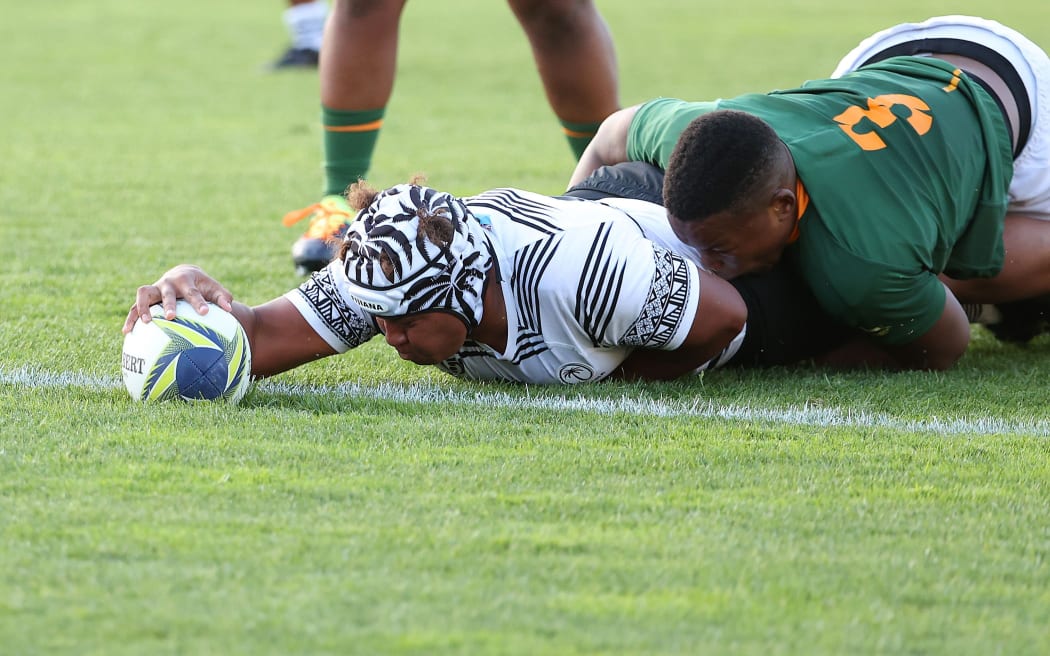


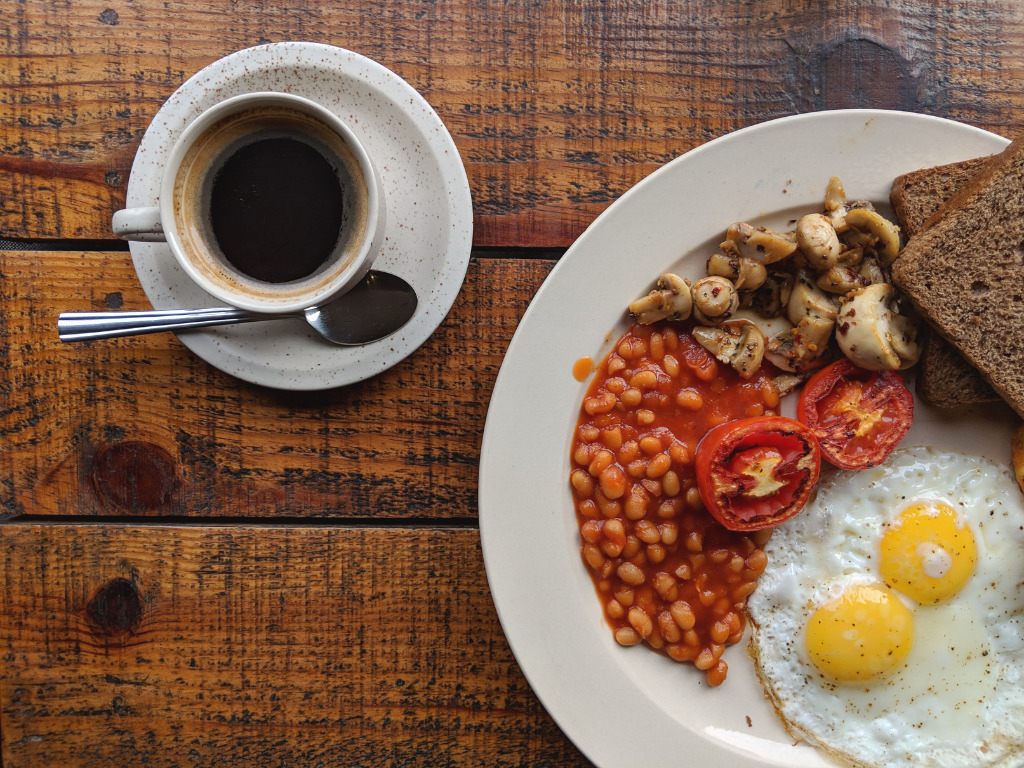




 (@Reni_Von_Skwid)
(@Reni_Von_Skwid) 





